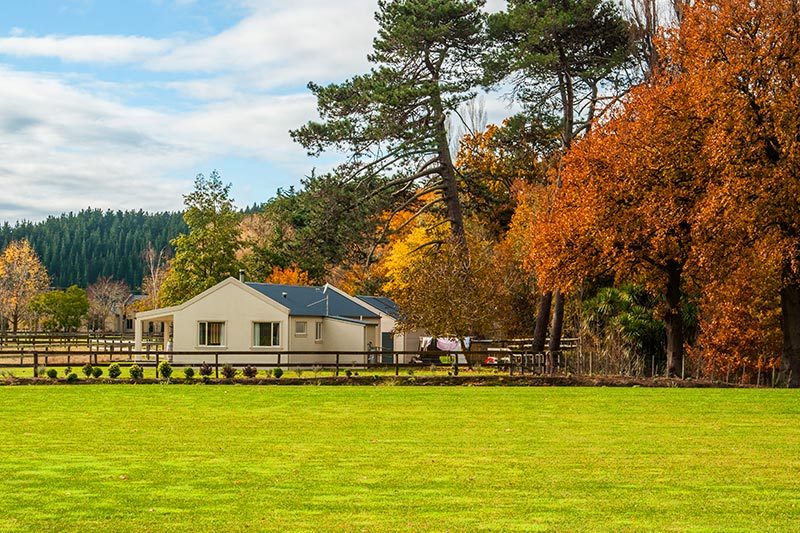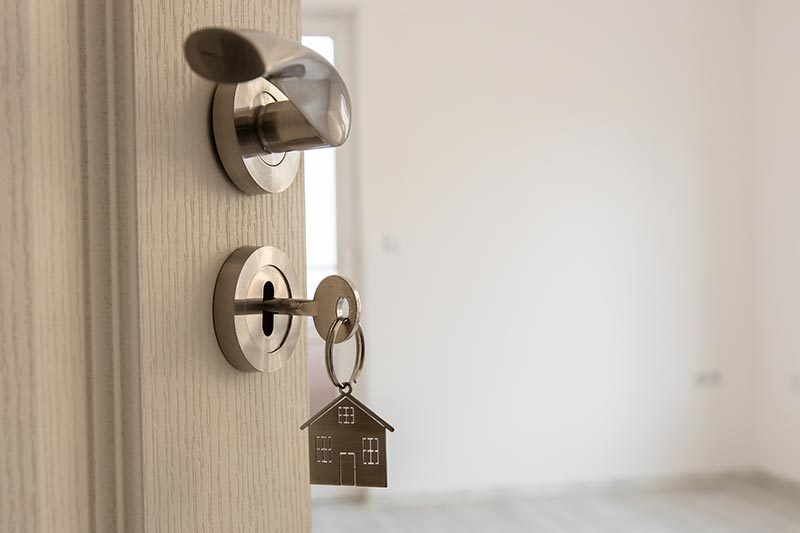After a lifetime of hard work, retirees are finally ready to enjoy their golden years. For many, that means downsizing to a smaller home in a relaxed setting. 55+ communities offer a great mix of amenities and social activities, making them an attractive option for retirees. But what kind of financing options are available for buyers looking to purchase a home in such a community?
In this blog post, we’ll take a look at the top financing options for retirees interested in buying a home in a 55+ community. What are the pros and cons of each option? Find out, so you can make the best decision for your unique situation.
Let’s delve right in!
Home Equity Conversion Mortgage for Purchase (HECM)
If you’re a retiree who is 62 years or older, you may be eligible for a Home Equity Conversion Mortgage for Purchase (HECM). This type of loan is backed by the Federal Housing Administration (FHA). It allows you to use the equity in your home to finance the purchase of a new home.
HECM loans can be a great option for retirees who are looking to downsize or move into a more age-restricted community. However, it’s important to be aware of the potential risks involved. For example, you may end up owing more than your home is worth if the value of your home decreases.
FHA Loan
FHA loans are insured by the Federal Housing Administration. That means if you default on your loan, the FHA will pay back your lender. This makes FHA loans ideal for people who might not otherwise qualify for a loan. FHA loans also have low down payment requirements. Borrowers who have a credit score of 580 or higher can put down as little as 3.5%. This makes these loans more accessible than other types of loans.
One drawback of FHA loans is that they have limited loan options. Borrowers only have access to the standard 15-year or 30-year fixed-rate mortgage. Additionally, FHA loans require borrowers to pay for mortgage insurance, which can add to the overall cost of the loan.
VA Loan
VA loans are backed by the US Department of Veterans Affairs. They are available to eligible veterans, active duty service members, reservists, national guard members, and certain surviving spouses.
One of the main benefits of a VA loan is that it can help you finance up to 100% of your home’s purchase price. This means that you may be able to avoid paying any down payment at all. Additionally, VA loans often come with lower interest rates than other types of loans.
However, there are some disadvantages of a VA loan. These may include the need for eligibility and the fact that some lenders may require a minimum credit score. But even then, that credit score may be lower than what’s required for other types of loans.
USDA loan
If you’re looking to purchase a home in a rural area, you may be eligible for a USDA loan. These loans are backed by the US Department of Agriculture and are available to people who are looking to purchase a home in a designated rural area. USDA loans can help you finance up to 100% of your home’s purchase price. This makes a great option if you don’t have the cash for a down payment.
However, USDA loans are only available in certain areas, and you’ll need to meet income requirements to qualify.
Conventional Mortgage
With a conventional mortgage, retirees looking for a home in a 55+ community can put down as little as 3% of the purchase price of the home. Additionally, there are no strict income requirements, making it a more accessible option for borrowers.
However, you’ll need to pay private mortgage insurance (PMI) if you put down less than 20% of the purchase price. Another potential downside is that conventional mortgages typically have higher interest rates than government-backed loans such as FHA or VA loans.
Jumbo Mortgage
A jumbo mortgage is a loan that’s used to finance a home that’s priced above the conforming loan limit. This limit is set by the Federal Housing Finance Agency (FHFA) and varies from county to county. In order to qualify for a jumbo mortgage, you’ll need a good credit score and a down payment of at least 20% of the purchase price of the home.
With a Jumbo mortgage, you’ll have more flexibility when it comes to choosing the features of your home. That means you can finance a larger home or a luxury home. However, jumbo mortgages often come with higher interest rates and stricter lending requirements.
Bridge Loan
Also known as a “swing loan,” a bridge loan is typically used to finance the purchase of a new home before the sale of the borrower’s current home has been completed. This can provide retirees with the flexibility to move into their new home right away without having to wait for their old home to sell.
Bridge loans typically have a term of up to 12 months, and the borrower is responsible for making monthly interest-only payments. Bridge loans can be an attractive option for retirees who are looking for a short-term financing solution. However, it’s important to be aware of the potential risks involved, such as the high-interest rates of up to 10.5%.
Portfolio Loan
A portfolio loan is a type of mortgage that’s held on the lender’s balance sheet. That means the lender doesn’t sell the loan to another party, such as Fannie Mae or Freddie Mac. Because portfolio loans are held by the lender, they often come with more flexible terms and conditions. For example, a portfolio loan might have a lower down payment requirement or a lower interest rate.
Portfolio loans can be a good option for retirees who are looking for a more flexible financing solution. However, because portfolio loans are held by the lender, they may be harder to qualify for.
Finance Your Retirement Home Purchase Without Hassles
There’s no shortage of financing options available to retirees looking to purchase a home in a 55+ community. The best option for you will depend on your individual circumstances and needs. Remember, each type of loan has its own set of pros and cons, so be sure to weigh all of your options before making a decision.
Are you looking for an amazing place to call home? Get in touch with us today and learn how we can help.











